“We are stuck in Kyiv, help us!” a desperate plea from an Indian medical student stuck in war-torn Ukraine. Of the 18,000 students in Ukraine, thousands still await evacuation as the government advises them not to get to the border directly.
From what we know so far, the condition at the border is very bad and students have been waiting for three to four days, without food and shelter.
Dinesh, an MBBS student
(March 2, 2022) Peeping outside the window of his hostel room at Bogomolets National Medical University on Tarasa Shevchenko Boulevard in Kyiv, all that P Dinesh can see are deserted streets, a vehicle or two quickly zooming past. Till a week ago, the same place used to be bustling with activity. Faint sounds of air sirens and the non-stop updates on his mobile phone about the rapidly deteriorating situation around him keeps him on the edge throughout, even as he pulls himself together to make his exit plans from war torn Ukraine. But a series of WhatsApp posts from other students about the “very, very bad” situation along the Poland and Romania borders takes him nowhere.
To make matters worse, Dinesh, who is among the 1,000 students locked inside the university hostel, is running short on drinking water. Food stocks at the hostel will last only a day. “We are in a terribly awful situation. There are no special trains for us and travelling towards the borders is dangerous. We are stuck in Kyiv,” says Dinesh, speaking exclusively to Global Indian even as newer satellite images show more than a 40-mile-long Russian military convoy on the roads leading to the capital of Ukraine.
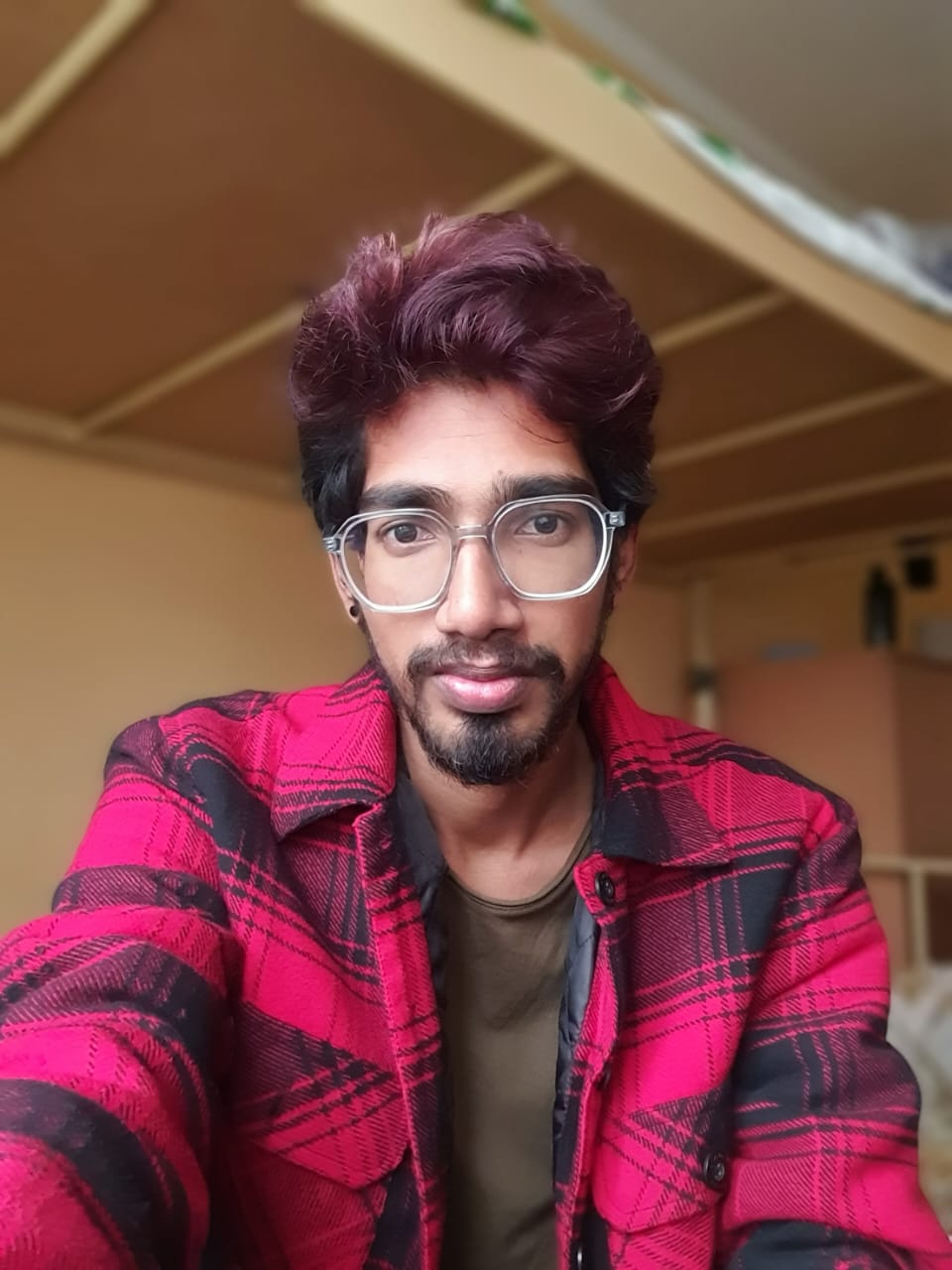
P Dinesh, an Indian medical student stuck in Kyiv
Tension in the air is palpable. With Russian President Vladimir Putin keeping his country’s nuclear forces on high alert, escalating tensions further, the Indian students in Bogomolets National Medical University are terrified.
“There are very limited options before us. Either we stay back in the hostel itself, and wait for the situation to get better or move to western cities like Lviv, Uzhhorod and Chernivtsi, where the only option to stay are churches, bus stands or railway stations. The third option is to proceed to the border of Hungary, Poland and Romania but there are still long queues of people waiting there with no food, water and shelter for days. The temperature is -7, and many people are falling sick,” informs Dinesh, referring to the latest updates on his mobile phone. The students are now wondering how they would continue in the hostel without water and food in a wintery February.
Stranded Indian student in Ukraine breaks down; says no food, water supply in jam-packed bunker
A young student stranded in war-hit #Ukraine narrates her ordeal… @narendramodi जी कब तक आप खामोश रहेंगे? @RahulGandhi@LambaAlka#Russia #Ukraine #RussiaUkraine #Indianstudents pic.twitter.com/IPZp5od3Ih
— Tanveer Shaikh (@_tanveersheikh) February 28, 2022
A native of Anantapur district of Andhra Pradesh, Dinesh arrived in Kyiv about three months ago, looking forward to a great start to his MBBS. Instead, he now finds himself trapped in a war zone. “In case we choose to move out from the hostel, we will have to make our own arrangements and carry our basic needs. The embassy may or may not be able to help us. We cannot fully depend on that,” says the first year MBBS student.
While there are many Indians who have taken the risk, and travelled towards the borders, their experiences are dissuading others. Many are caught in a dilemma whether to take the risk or stay back. “From what we know so far, the condition at the border is very bad and students have been waiting for three to four days, without food and shelter. Many suggest that we should not travel to the border though some want to take a chance,” informs Dinesh, tired and frustrated over the turn of events.
The 1,000 students of Bogomolets National Medical University live in 2-3-4 person a room facilities. The university, which provides medical training for over 10,000 students, including about 1,300 foreigners from 56 countries, was founded in 1841. “One of the students spoke to the Indian embassy officials, and informed us there are no special trains for Indians. We will have to wait at railway stations, and according to seat availability, we will be allowed to travel to different parts of western Ukraine. We have been told that while there are no basic necessities like food, water and shelter at the borders, we would remain safe as there is no bombardment there,” he adds.
Successfully facilitated
the movement of more than 1400 students out of Zaporizhzhia,
city in South East Ukraine, westwards.@MEAIndia#OperationGanga pic.twitter.com/jHRKApid5X— India in Ukraine (@IndiainUkraine) February 28, 2022
Dinesh says that information trickling in suggests that there is no one near the border to take responsibility for Indian students. This amid reports that a group of Indian students were detained by the forces close to the border, and their belongings, including debit cards snatched from them. “Moving out of Kyiv will be at our own risk. If we decide to move out, we will have to be ready to face consequences. Many are worried of having to sleep on the road for days. It is snowing there to make matters worse,” informs Dinesh. While some friends thought of moving out, they dropped their plans after weighing the pros and cons.
Three months ago, when Dinesh had arrived in Kyiv, he recalls how the most populous Ukrainian city used to be a lively place. “The entire city used to be bustling with people and vehicles. The locals like Indians, and it used to be a very peaceful place. But now, there is this eerie silence everywhere with people huddling together in bunkers as Russian war planes pass by. Some pray, others try to keep their spirits high,” the student informs.
As the #Ukraine–#Russian conflict rages, volunteers of The Art of Living (@ArtofLiving) in #Europe have reached out to the stranded Indian students in Ukraine, who trying to cross the borders into various other European countries, with basic amenities like food and water. pic.twitter.com/WPwCNmNIl8
— IANS Tweets (@ians_india) February 28, 2022
“Do you have any more news about the borders? Will the Indian embassy come to our rescue? Please help us,” is a desperate plea coming from the students of Bogomolets National Medical University. “They (Ukrainian authorities) just lifted the curfew, but the future remains uncertain,” adds Dinesh, whose parents, like those of the other 18,000 Indian students await news with bated breath.
Conditions of Indians stranded in Ukraine are worsening.
Yet, GOI is not taking effective steps to bring them home.
As usual, PM is MIA. pic.twitter.com/n8MfPAgxvD
— Rahul Gandhi (@RahulGandhi) February 28, 2022
The latest satellite images show infantry vehicles, logistical trucks, tanks and self-propelled artillery moving rapidly towards Kyiv. It is the sixth day since Russia declared war on Ukraine, leading to heavy fighting and airstrikes across the country. According to the Ukraine government, over 5,000 people have lost their lives, of these 352 civilians, including 14 children, even as Ukraine agreed to hold peace talks with Russia at the Belarus border.

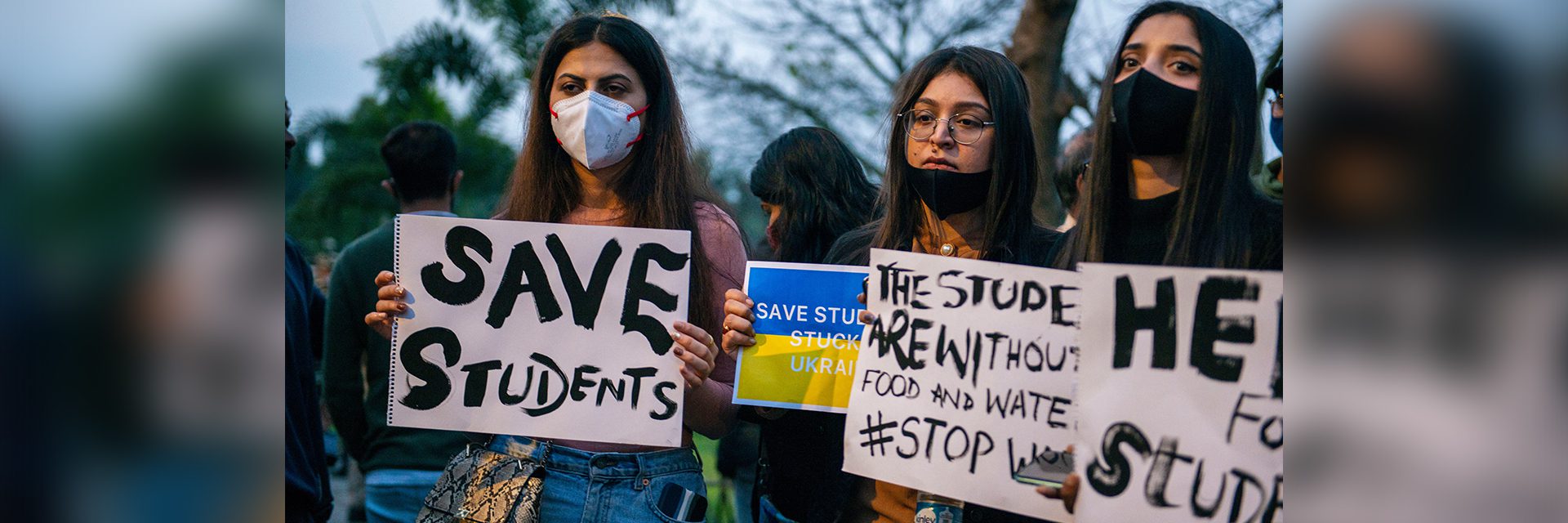
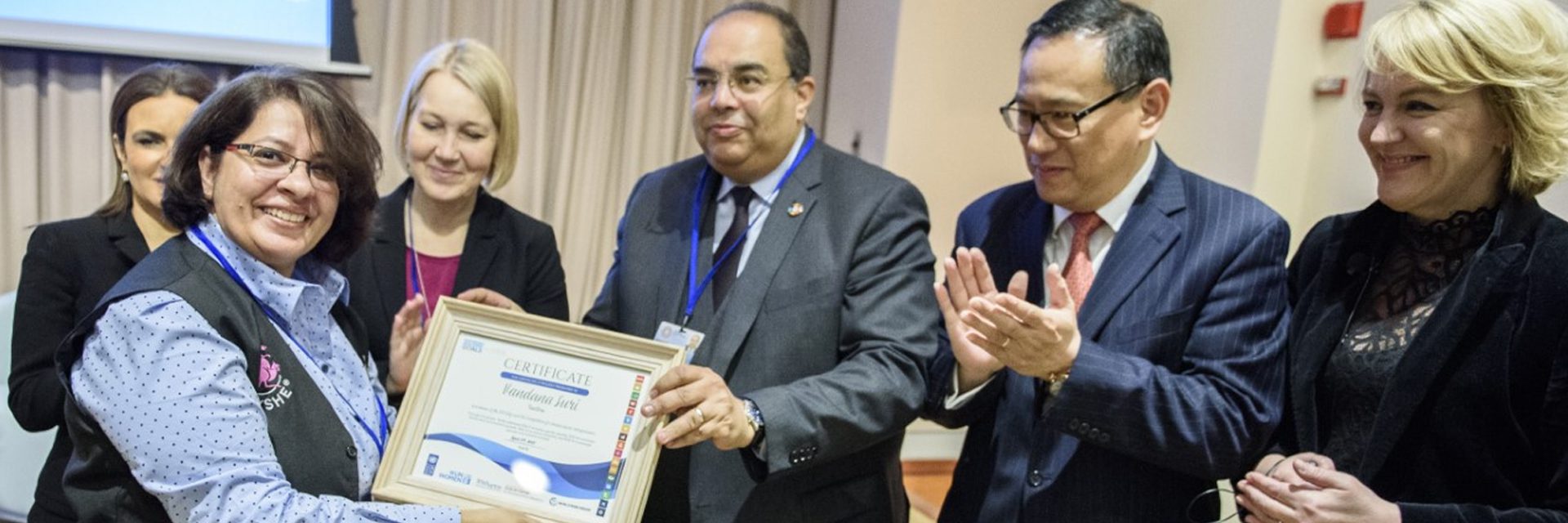
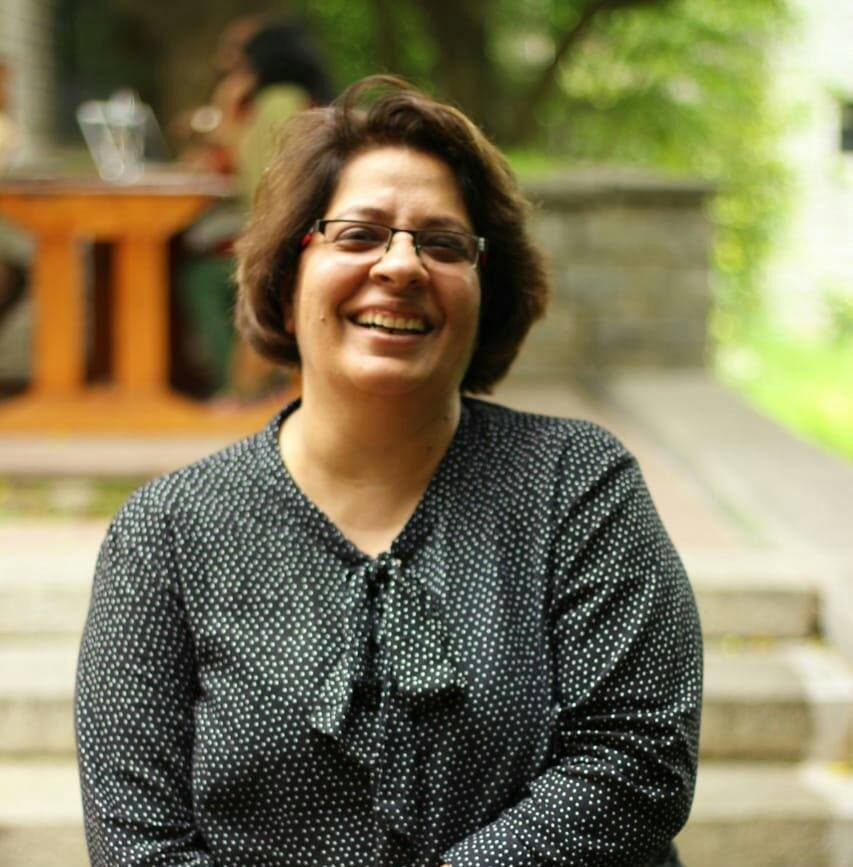 Vandana Suri, Founder, Taxshe[/caption]
Vandana Suri, Founder, Taxshe[/caption]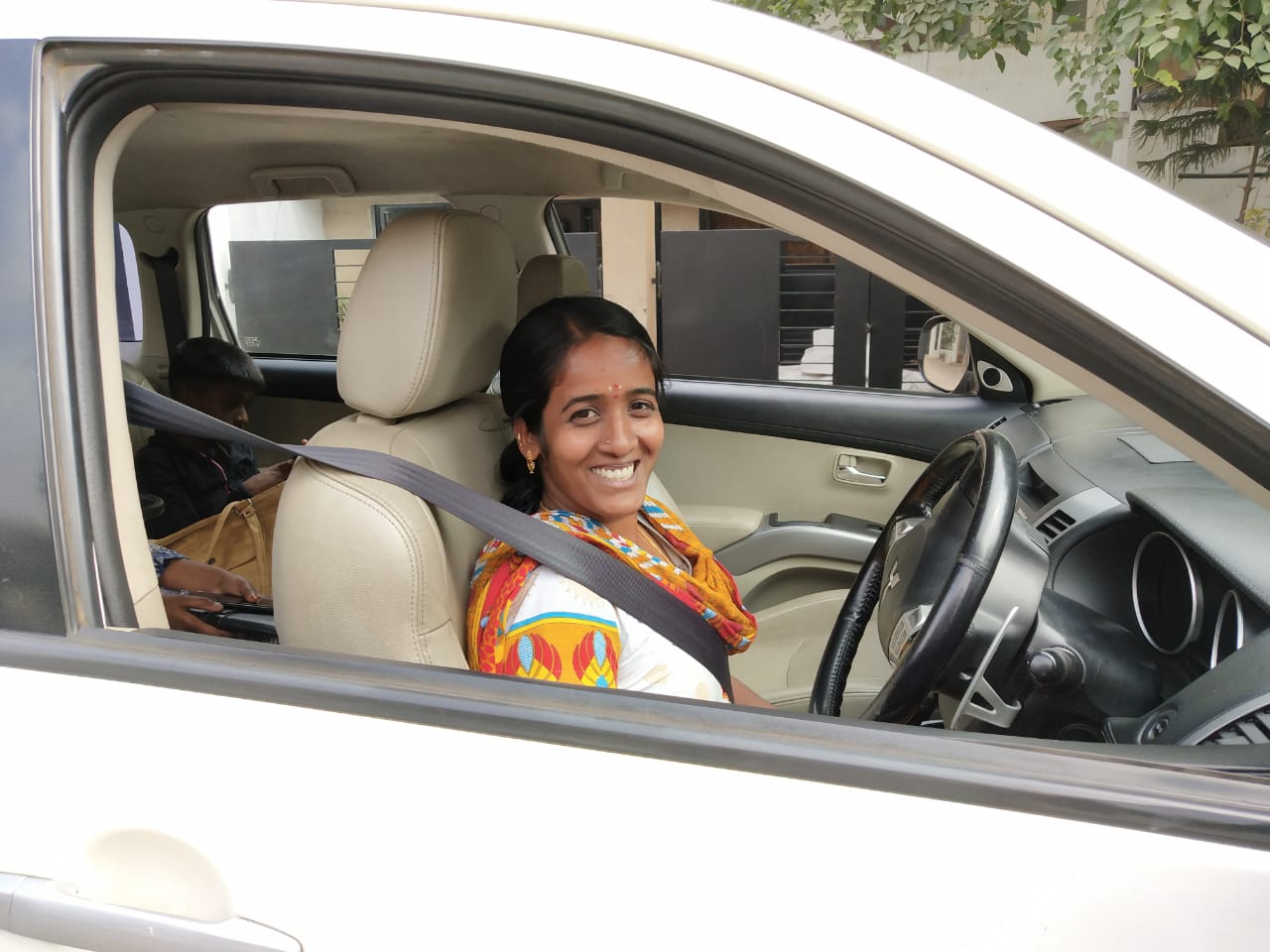 A woman driver of Taxshe[/caption]
A woman driver of Taxshe[/caption]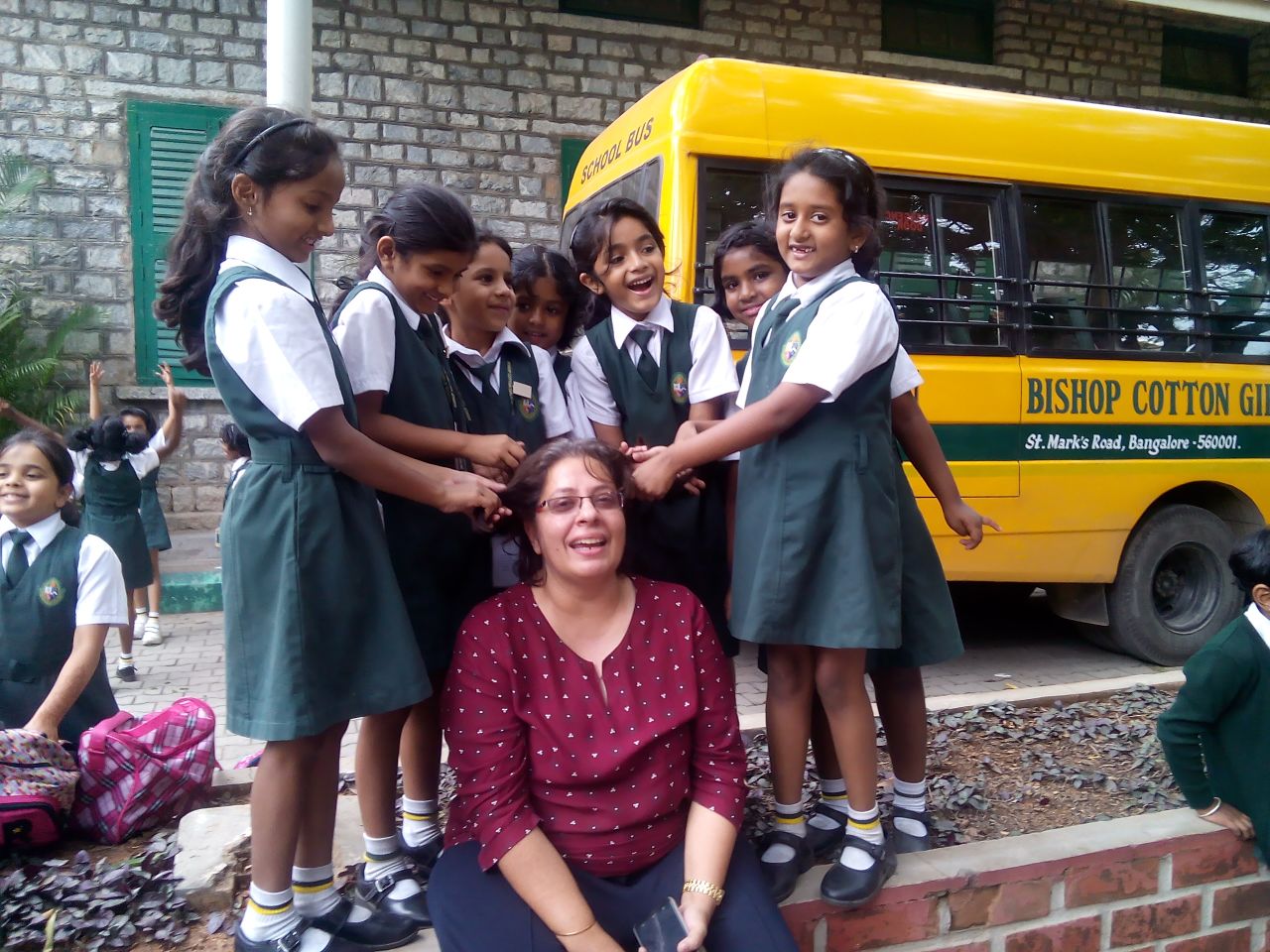 Forever happy with kids[/caption]
Forever happy with kids[/caption]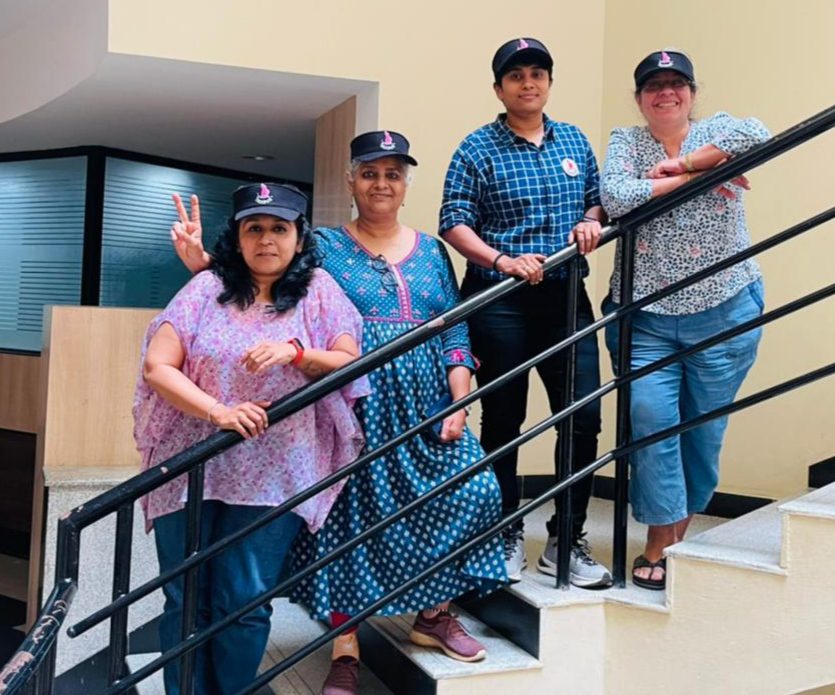 Vandana with the Taxshe Breakfree team[/caption]
Vandana with the Taxshe Breakfree team[/caption]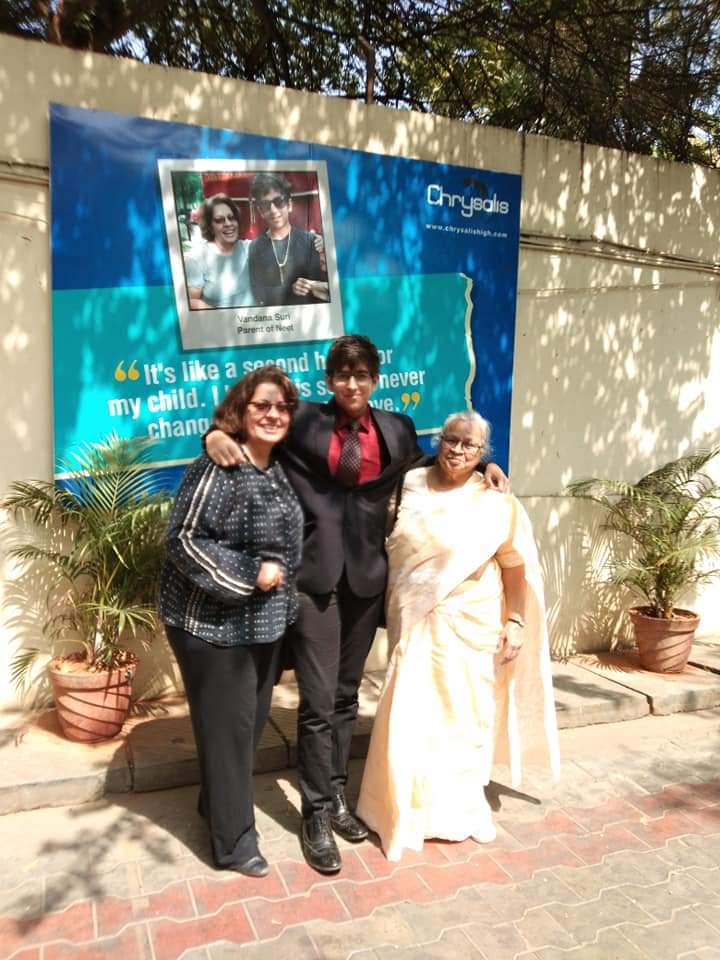 Vandana with her mother and son[/caption]
Vandana with her mother and son[/caption]
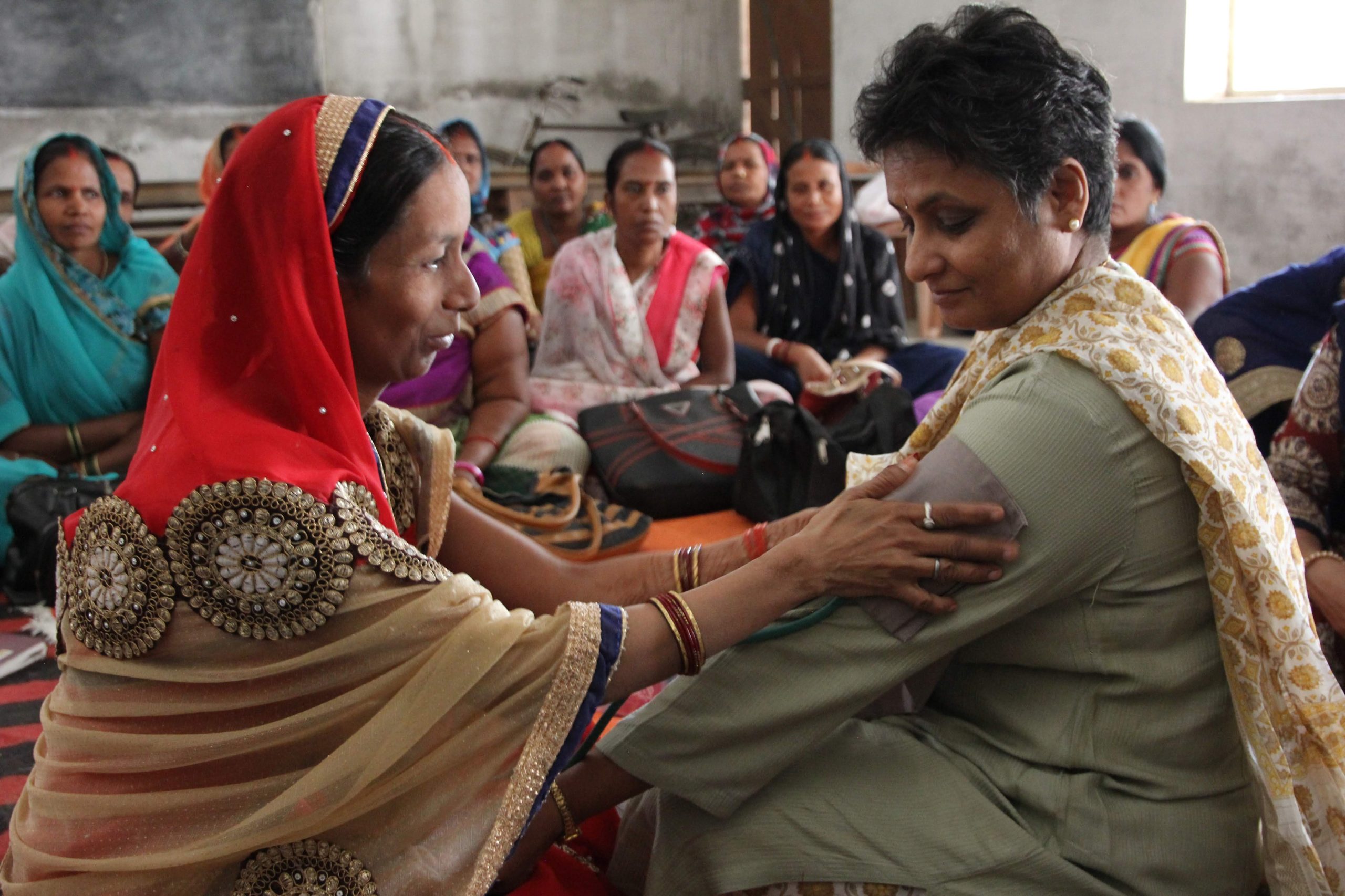
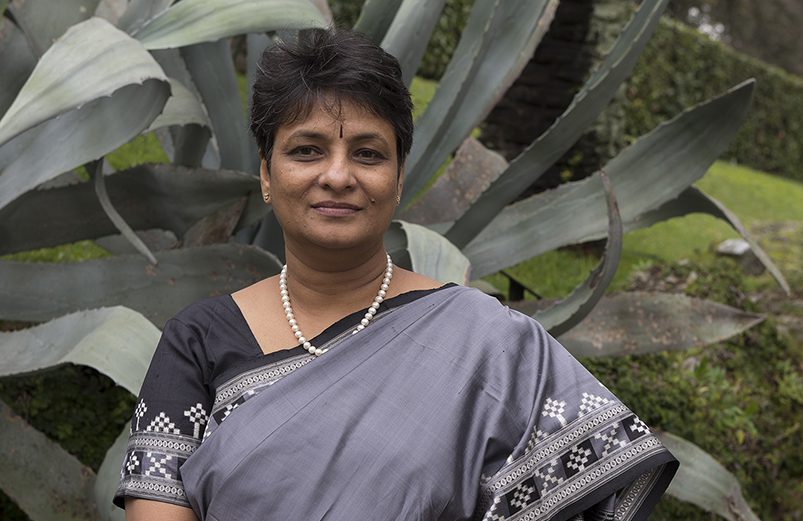 Mukti Bosco[/caption]
Mukti Bosco[/caption]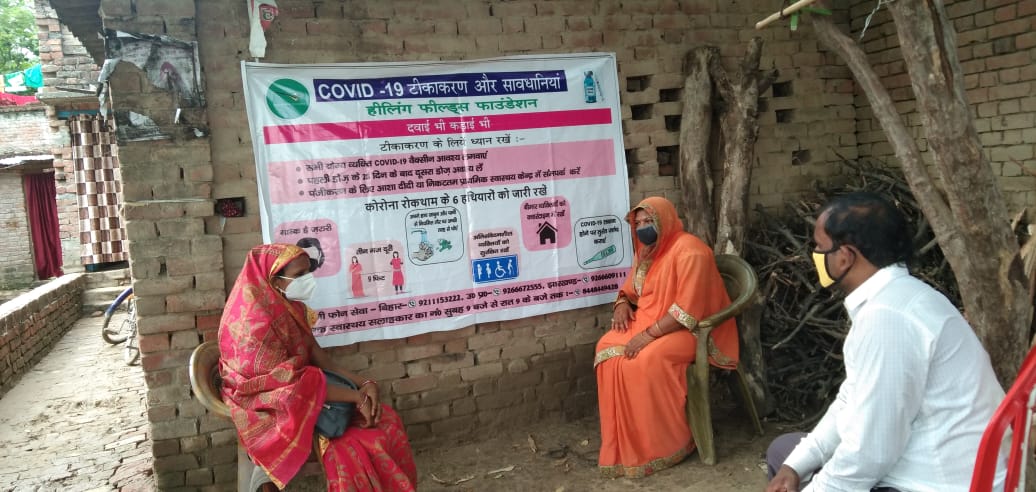 A Healing Fields Foundation CHE at work[/caption]
A Healing Fields Foundation CHE at work[/caption]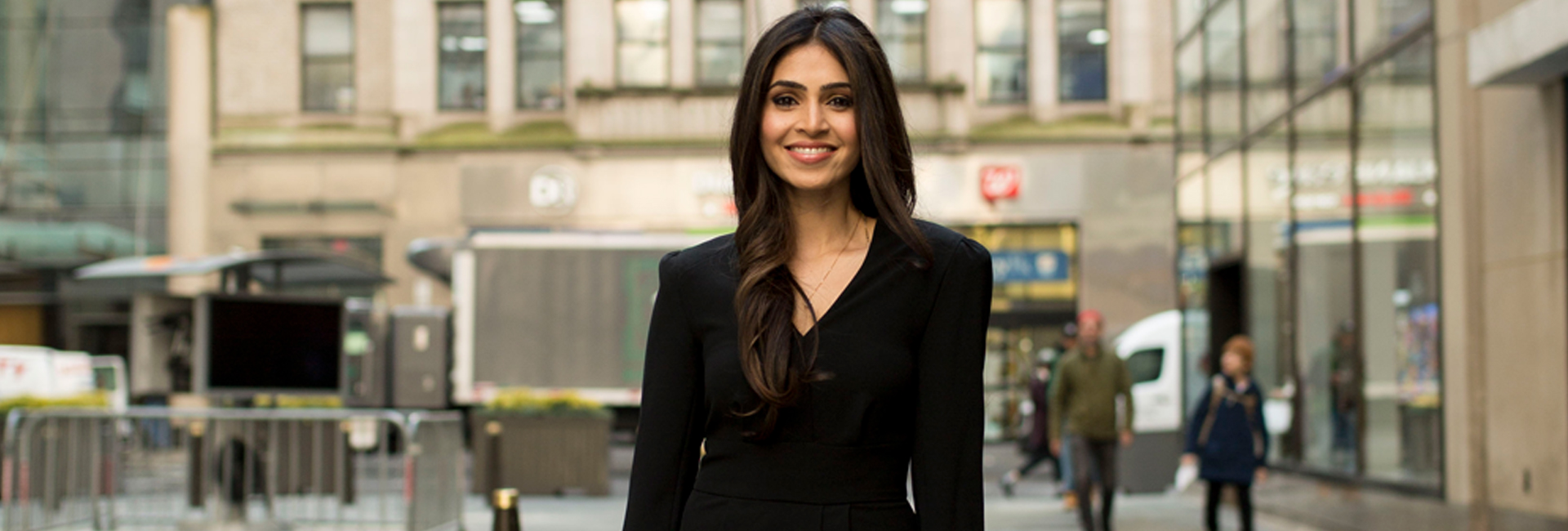


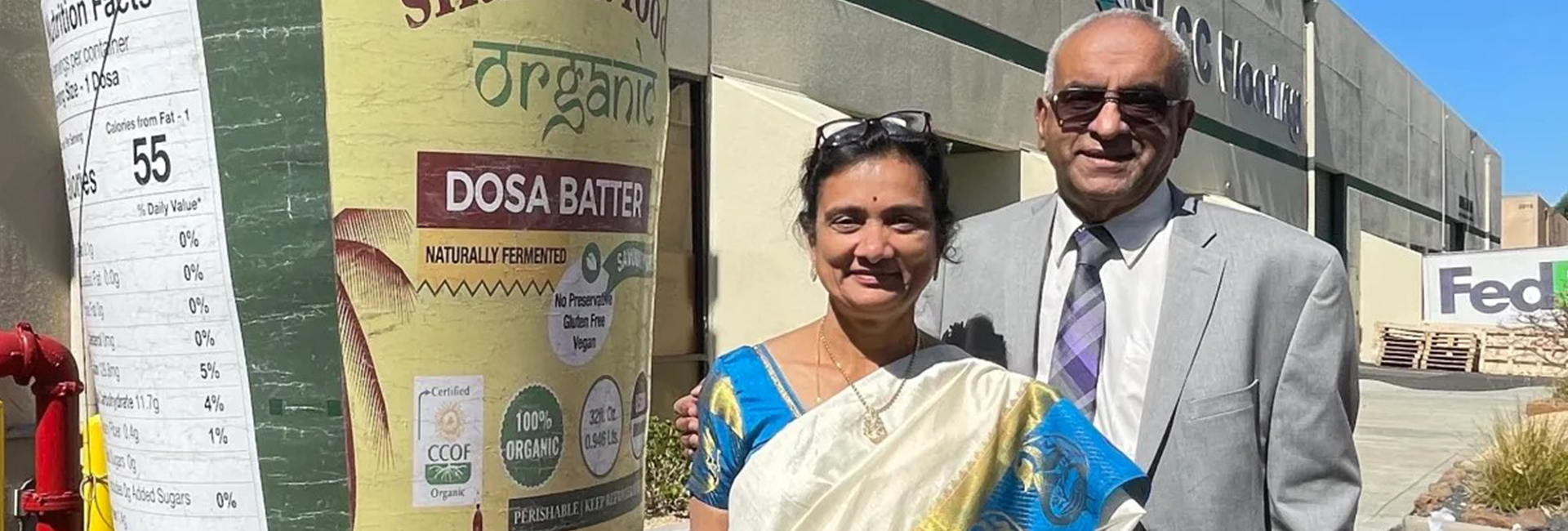
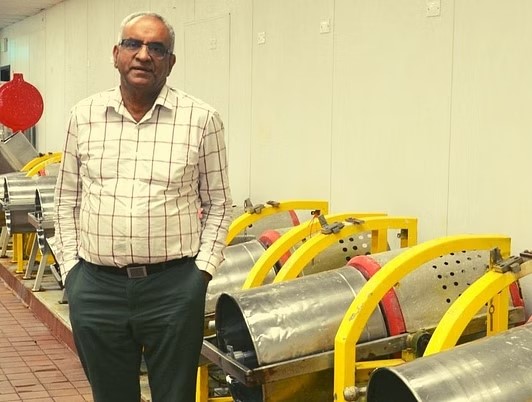 Mani Krishnan[/caption]
Mani Krishnan[/caption]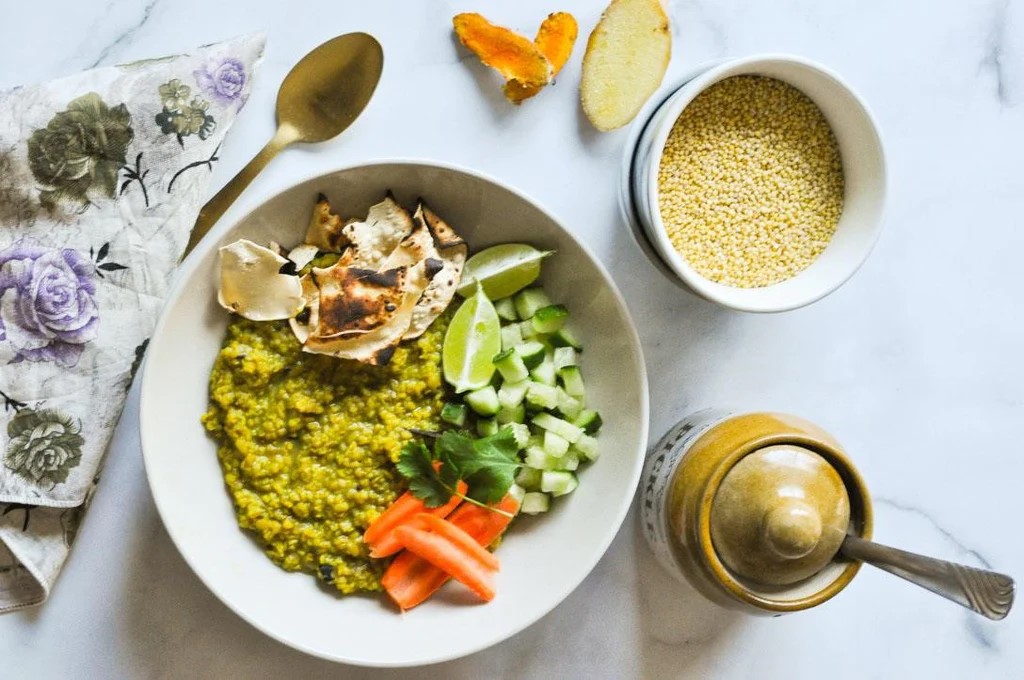 Shastha Food's millet khichdi[/caption]
Shastha Food's millet khichdi[/caption]